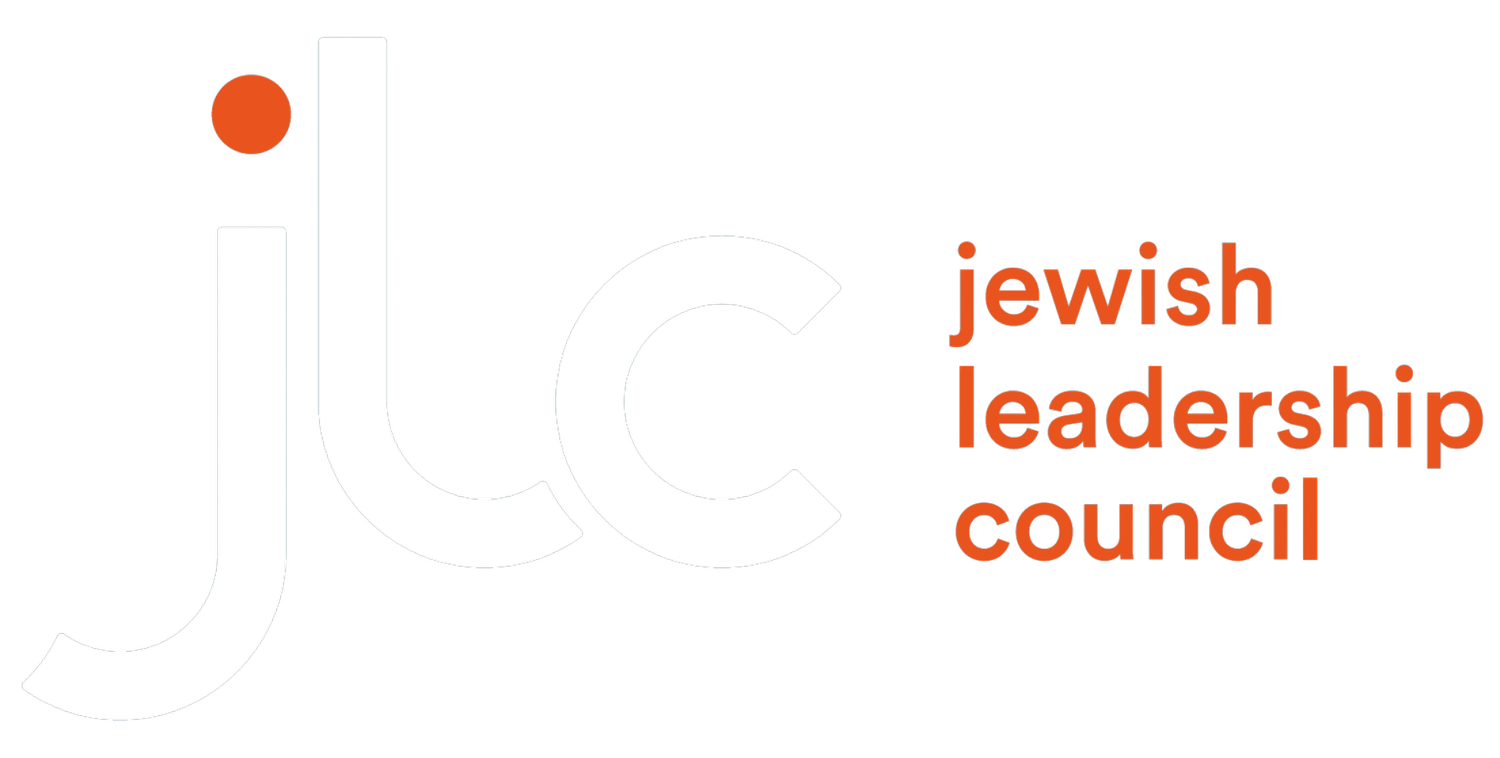Trustees’ Development Programme
The Trustees’ Development Programme is a three part programme aimed at aspiring trustees that provides training on key areas that aspiring Trustees need to be aware of. This is a joint programme in partnership with the Jewish Volunteering Network (JVN).
We have recently concluded our 2025 sessions which saw 35 aspiring trustees join us to look at:
How to prepare for your first trusteeship
Charity finance and fundraising - what you need to know
The application and interview process and what to do when you start your first role
“I knew very little about being a trustee before this programme but the sessions answered a lot of my questions, as well as being really interesting” - 2025 TDP participant
We will now spend time reviewing the programme and will announce our next offering in due course.
